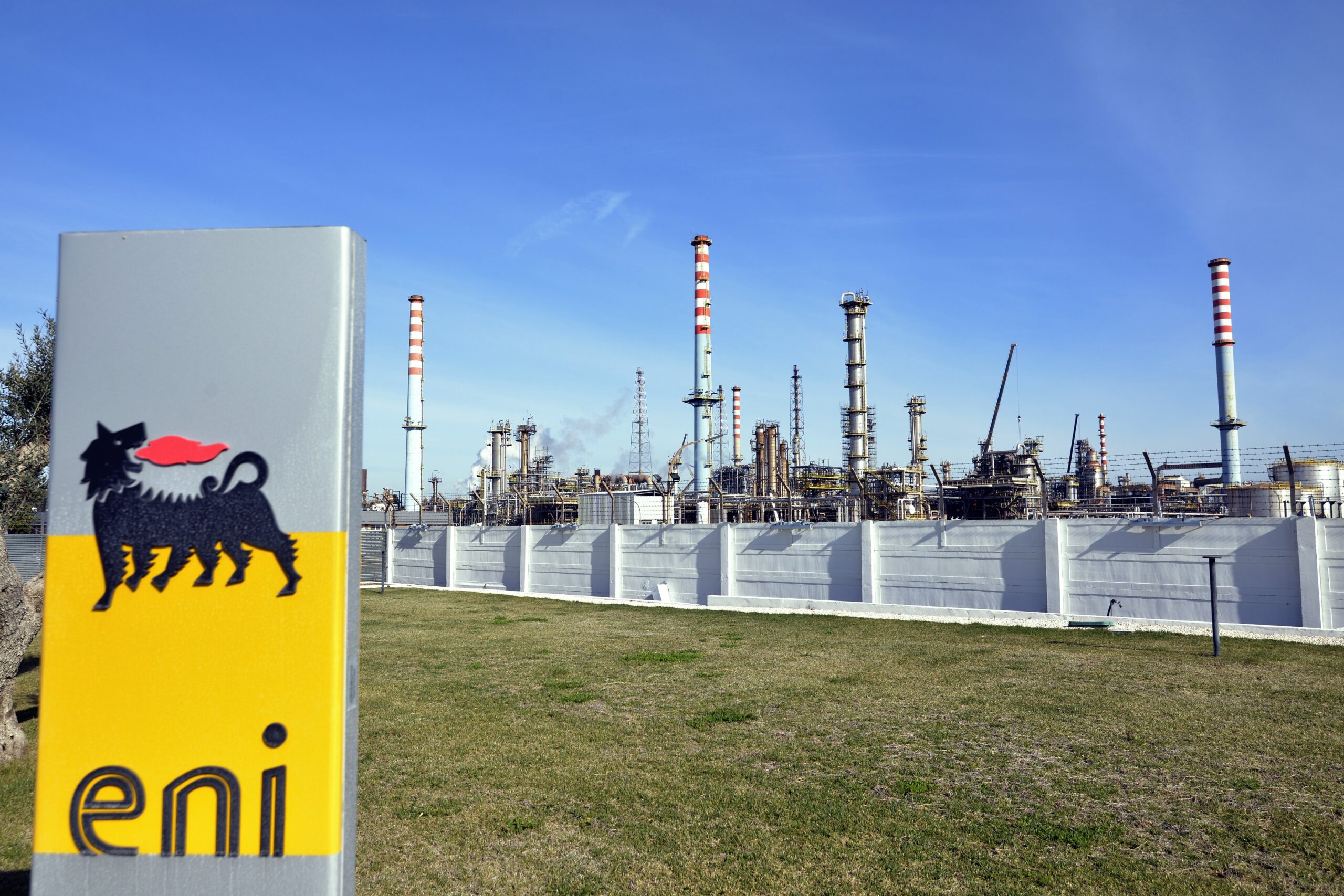How the energy transition should be done according to Corriere della Sera

Reflections on the sidelines of Ferruccio de Bortoli's interesting analysis for Corriere della Sera on the oil refining crisis in Italy
Dear director,
I know you now. And I immediately understood that, when this morning you advised me to read the openingarticle of L'Economia del Corriere della Sera , you had picked up some interesting ideas between the lines. And indeed.
The article has an important title ( The blocked transition. Record petrol prices ) and an even more important author: Ferruccio de Bortoli, heavyweight of Italian economic journalism and already twice director of the Corriere , as well as of the Sole 24 Ore . But what is perhaps even more notable is the attack of the piece, a lash against "those who care about the energy transition", who "should take a healthy bath in realism every day. If he doesn't, he deceives himself and others."
Everything is right, and indeed I am happy that a leading journalist like de Bortoli goes out of his way to get a fundamental message across. That is, the energy transition is a necessary but difficult process, because within a few decades we will have to change the way the world works: replace energy sources, change the technologies used to power means of transport, transform industrial processes. Politicians and communicators who renounce that "bath of realism" that de Bortoli talks about are guilty of having spread the idea – especially among young people – that making the energy transition means using the bicycle instead of the car and installing a few panels sunny around. If only this were enough: what do we do with the production of cement or cracking for ethylene?
Well, or rather very well, de Bortoli did then to criticize the beautiful souls who talk about a green that is always easy and convenient. Of course, to be honest, it doesn't seem to me that in recent years the Corriere has engaged in a great battle of rationality and pragmatism against some ecological excesses: it's not enough that a measure promises a reduction in emissions (often marginal, moreover, but never mind) to be judged intrinsically virtuous, do we agree?
A correct approach to the energy transition should guarantee the transition to a new economic system, but without compromising the old one; if it were a rapid and violent operation they would have called it a "revolution", right? So de Bortoli is right to underline the crisis in the Italian oil refining sector: we will continue to need crude oil and its derivatives for a long time to come.
In closing, in fact, the article by the leading economic and financial writer of the RCS newspaper reports the considerations of a former Eni manager, Salvatore Carollo, on the increases in petrol prices and the insufficient Italian refining capacity. Our country, explains de Bortoli, “has 11 refineries, of which two biorefineries with a processing activity of 71 million tonnes in 2023, higher than internal consumption (57.4). Little is invested, except for maintenance. Despite the margins remaining very high."
Then the article goes on to exalt the characteristics of the Italian market, "the only one in Europe that is self-sufficient and attracts the interest of large operators such as the Swiss-Dutch Vitol who bought the Sardinian plants of Saras dei Moratti or the multinational Trafigura for the Isab of Priolo, in Sicily”. (For readers who would like to know more about these companies – who they are, where they come from, what they do – I would like to point out Startmag's insights on Trafigura and Vitol )
At this point, de Bortoli passes the microphone to Carollo, who attacks Eni for "reducing existing [ refining ] capacity in a surreptitious way, calling the closure in a different way, that is, the transformation into biorefineries. This has already resulted in the disappearance of 15 million tonnes of capacity compared to the 1.5 million tonnes remaining, with a net reduction of 13.5 million tonnes lost forever.” The former trading manager of the Six-Legged Dog criticizes the company for the production of biofuels at the Sannazzaro de' Burgondi refinery, near Pavia: "a real national disaster", he says. “We will pay dearly for refined gasoline from others who will sell it to us at the highest market price.”
Dear editor, I prefer the more humble profession of journalist to the profession of analyst: therefore, rather than generating comments, I like to cling to the facts. I therefore hope to do a useful service to our readers by reminding them of a couple of things.
The first. Not only Italy, but also the European Union – and partly, the United States – have a problem with oil refining: companies in the sector are generally reluctant to invest in new production capacity because the transition to electric mobility – one of the cornerstones of energy transition plans – should cause a significant drop in demand for fossil fuels for transport; as a result, investments made today may not generate satisfactory returns in the future.
The second. Oil refining is not an expendable sector, a relic of the past that we will soon no longer need. The chemical industry that produces plastic – it is no coincidence that I mentioned ethylene before – needs crude oil derivatives to work; it needs naphtha, for example. Plastic has many uses and is also present in the main "clean technologies" for the ecological transition: in electric cars, in solar panels, in wind towers. To make green you need black.
Long live complexity, long live the journalism that tells it. Always, though.
I'm going back to work.
Marco Dell'Aguzzo
This is a machine translation from Italian language of a post published on Start Magazine at the URL https://www.startmag.it/energia/crisi-raffinazione-petrolio-economia-corriere/ on Mon, 22 Apr 2024 12:12:55 +0000.
